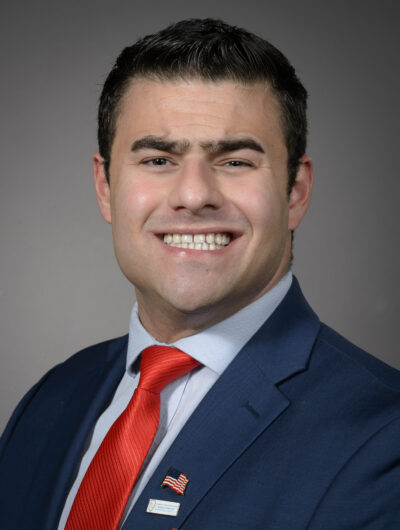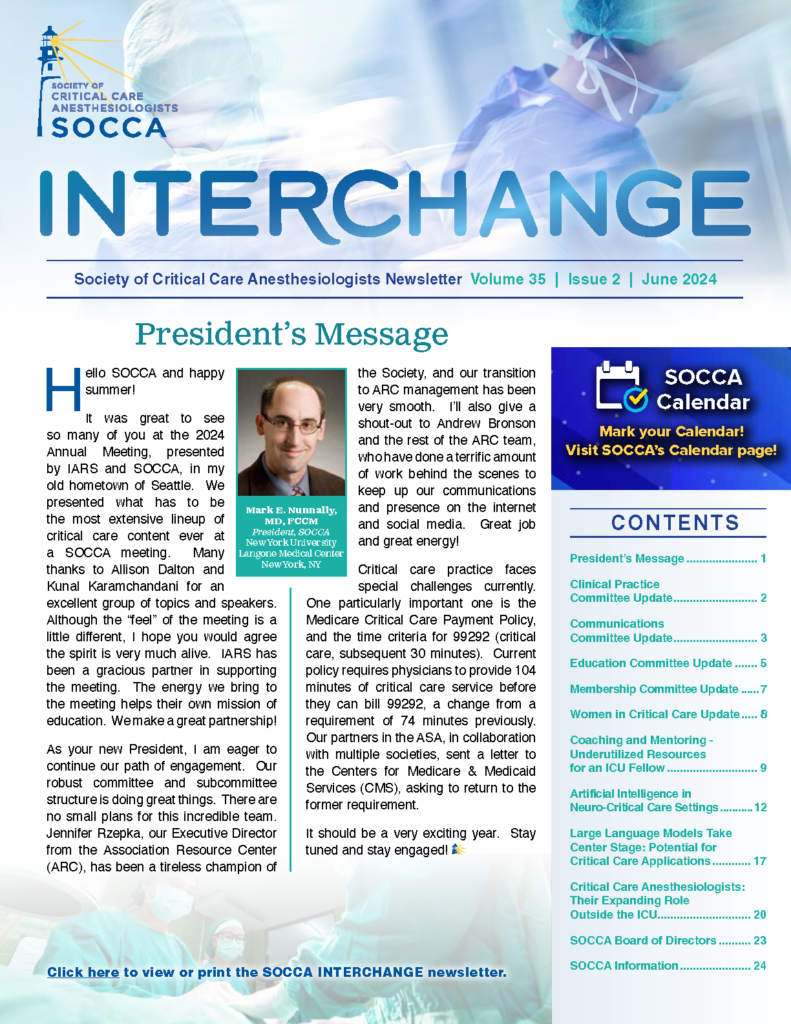Young Investigator Award Presentations: 1st Runner Up
The Neuroprotective Effects of Metformin: Insights from Rodent Cardiac Arrest and In Vitro Ischemia-reperfusion of Neurons and Astrocytes
View the Abstract
“In cardiac arrest, death is more reversible than we believe. We allow many people to die prematurely” - Lance B. Becker, MD
“Mostly Dead is Slightly Alive” has been for more than 40 years the maxim for Dr. Lance B. Becker when somebody claims that a cardiac arrest (CA) patient is dead. We believe that our failure in improving outcomes in CA has grounds in the “myth of the single magic bullet.” For decades, the mainstream of resuscitation science was represented by unsuccessful clinical trials targeting single pathways while expecting miracles. Unfortunately, we have not had very positive outcomes and still we are questioning if epinephrine should be routinely used during cardio-pulmonary resuscitation. Remarkably, a growing body of evidence shows that global ischemia affects a very broad spectrum of signaling pathways, therefore, combination therapy or a “cocktail” targeting the multiple affected pathways has been the most reasonable course of action in our Critical Care research.
Metformin is part of our drug cocktail that hopefully one day will make a difference at the bedside. Despite being one of the most studied drugs in the history of modern research, its mechanisms and potential applications remain to be explored. Novel research has shown that metformin can favorably modulate the production of reactive oxygen species, which is a fundamental aspect in ischemia and reperfusion injury pathology. Moreover, we found that metformin has specific effects in the mitochondrial electron transport chain system. Since neuroprotection is currently the most important challenge in the post-cardiac arrest syndrome, we envision a promising future where a cocktail therapy can be applied with therapeutic hypothermia (TH) to improve neurological function in CA patients. Our mission as a team covers different research arms oriented to help CA patients, including the mechanistic study of TH, the role of lysophosphatidylcholine supplementation in CA, hydrogen gas, ECMO, and mitochondrial transplantation in resuscitation, among others. Our daily work is inspired by the remarkable, outstanding, and everlasting memory of the physician-scientist anesthesiologist Dr. Peter Safar. We all remember Peter Safar as the father of the cardio-pulmonary resuscitation and the creator of the ICU, but we do believe, his last and most profound will was to let the scientific community learn that without physician-scientists and academic medicine, innovation, progress, and new therapies will fade.
I am deeply grateful for the invaluable support, help, and mentorship from Dr. Lance B. Becker, Dr. Ernesto P. Molmenti, Dr. Judith Aronsohn, and Dr. Linda Shore-Lesserson. My gratitude and full acknowledgement to Dr. Rishabh C. Choudhary and Dr. Muhammad Shoaib, who lead the cocktail research in our laboratory.




































